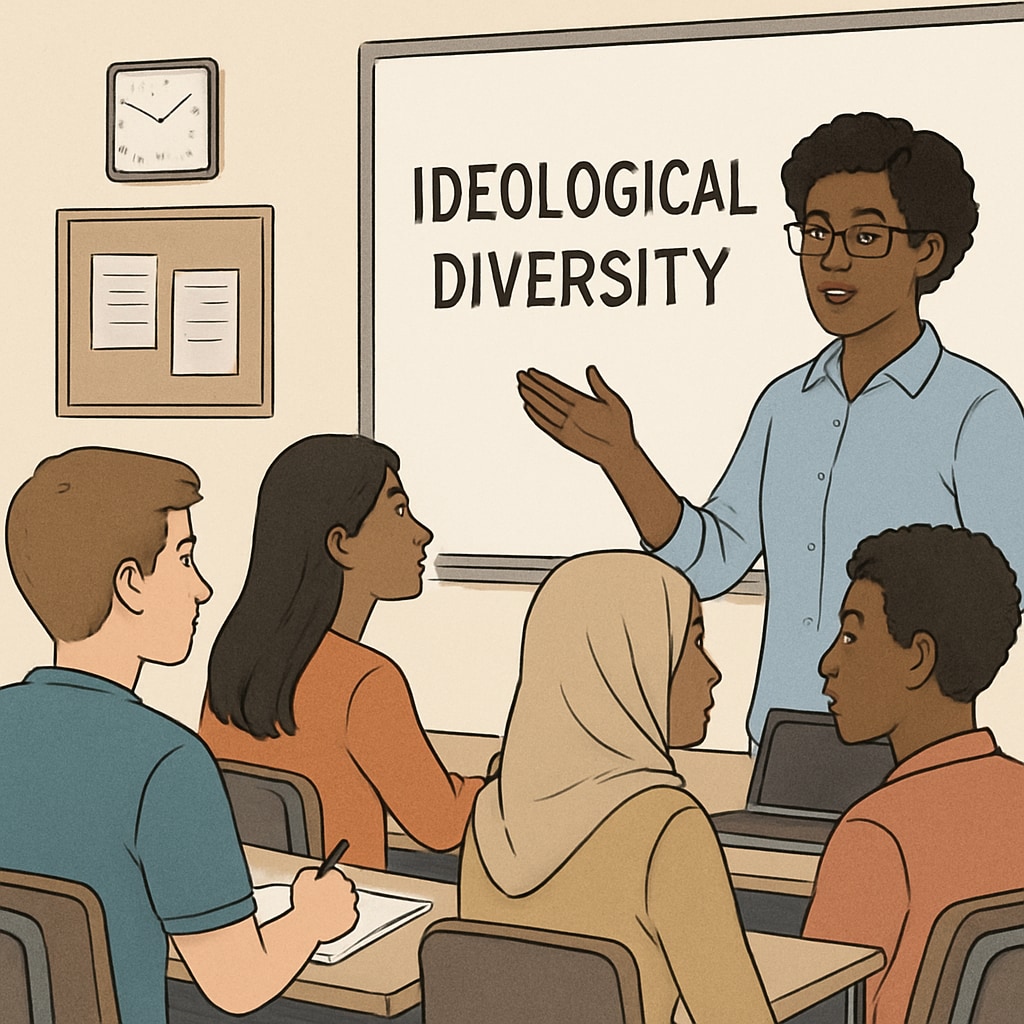Oklahoma’s recent decision to implement political inclination testing for out-of-state teacher applicants has ignited heated discussions across the education sector. By using a political screening process to evaluate prospective educators, the state is taking an unprecedented step in intertwining political ideology and teacher hiring. This move raises critical concerns about fairness, the suppression of diverse perspectives, and the broader implications for students. As the education system grapples with this policy, questions about the boundaries between education and politics become increasingly pressing.
The Controversy Behind Political Screening in Teacher Hiring
Political screening, as introduced by Oklahoma, aims to evaluate the ideological alignment of potential teachers before granting them positions in the state’s schools. While proponents argue that this measure ensures educators align with local values and community standards, critics warn that it risks creating an echo chamber that stifles intellectual diversity and innovation in classrooms.
Many educators and advocates fear that this policy could discourage highly qualified teachers from applying, especially those who might hold differing views. Additionally, the subjective nature of political tests raises questions about how “acceptable” ideologies are determined and by whom. Such measures could inadvertently prioritize conformity over competence, ultimately impacting the quality of education delivered to students.

How Political Ideology Impacts Classroom Dynamics
The classroom is more than just a place for academic learning; it is a space where students encounter diverse viewpoints and develop critical thinking skills. Teachers play a pivotal role in fostering an open, inclusive environment that encourages dialogue and understanding. By implementing political screening, Oklahoma risks creating a homogenous educational landscape that limits students’ exposure to diverse perspectives.
For example, research has shown that exposure to a variety of viewpoints helps students develop empathy, problem-solving skills, and the ability to engage in constructive debate. If educators are selected based on a narrow ideological framework, students may miss out on these essential learning opportunities. Additionally, such policies could alienate families and communities that value diversity and inclusivity in their children’s education.

The Broader Implications for Education and Society
This policy shift in Oklahoma also prompts a broader discussion about the role of politics in education. Historically, schools have served as neutral grounds where ideas can be explored without fear of judgment or bias. By introducing political screening, the state risks eroding this neutrality and turning education into a battleground for ideological conflicts.
Moreover, this could set a concerning precedent for other states. If political screening becomes a norm, it may lead to a fragmented national education system where hiring practices and curricula are dictated by partisan interests rather than educational merit. Such a development could further polarize society and diminish the role of education as a unifying force.
Finding a Balanced Approach
While it is understandable that communities want educators who align with their values, it is equally important to ensure that hiring practices do not compromise the principles of fairness, inclusion, and academic freedom. Policymakers must consider alternative ways to achieve balance—such as fostering open communication between schools and communities—without resorting to measures that could marginalize certain groups or ideologies.
Ultimately, the goal of education should be to prepare students for a diverse and interconnected world. This requires a commitment to nurturing an environment where multiple perspectives are valued and respected. As Oklahoma moves forward with its political screening policy, it must also reflect on the long-term consequences for its students, teachers, and society at large.
Readability guidance: This article uses concise paragraphs and clear transitions to ensure accessibility. Key arguments are supported with examples, and a balance of active and passive voice is maintained to enhance engagement.


